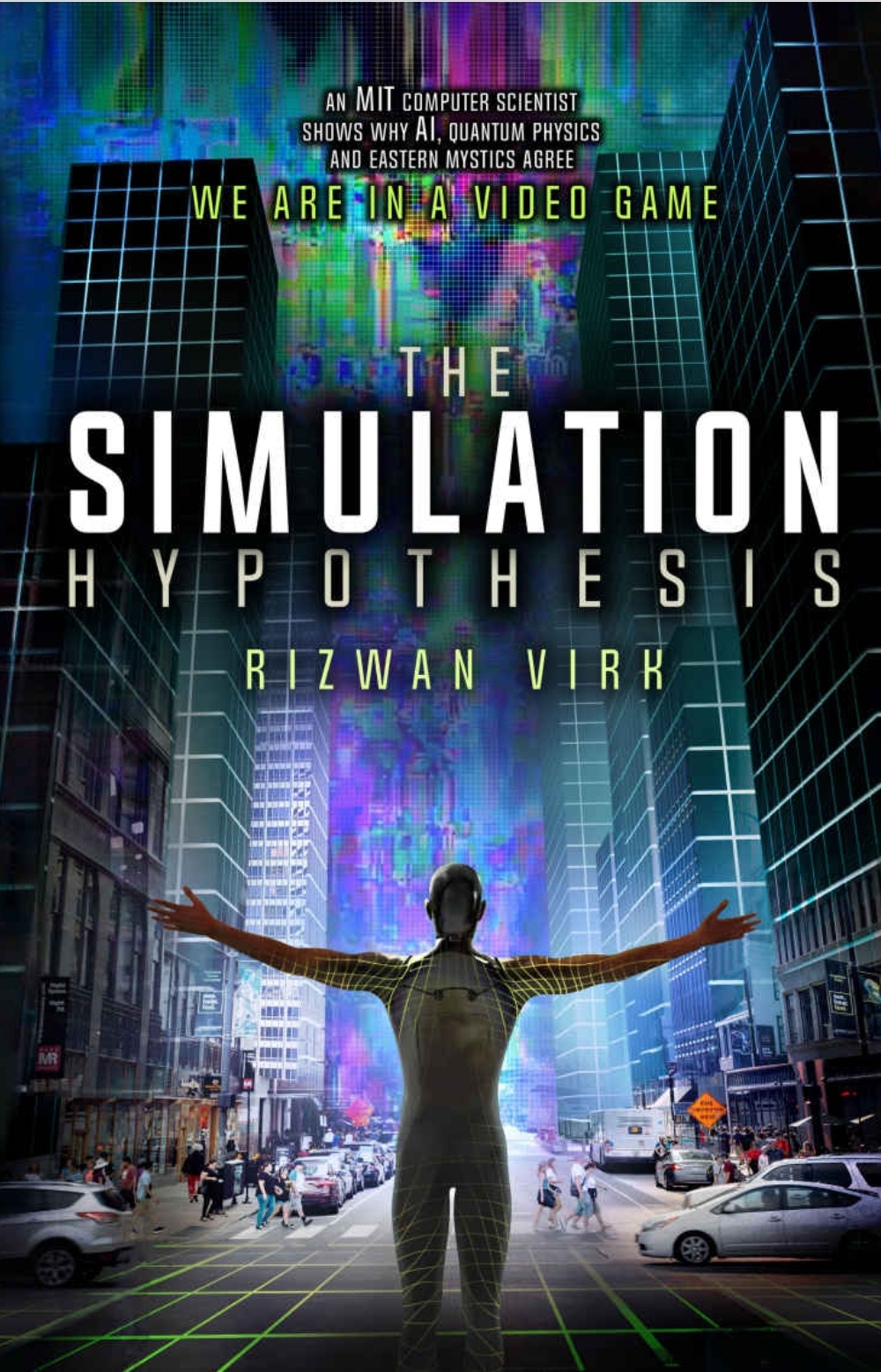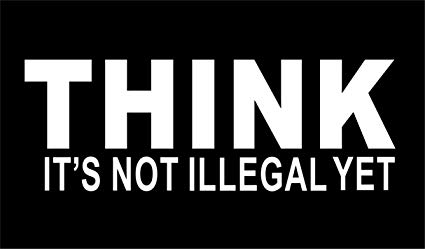Absolutely! 😉
Whole books and doctoral theses have been written to address this question, so it is not something that can be answered in passing. However, I can provide some insight from those much more eloquent in the economics of universal ethics.
Rather than providing specific value statements of right and wrong to be argued over, let us look at this from the perspective of establishing whether or not there is such thing as universal statements of right and wrong. The first question then to be answered is whether, when I make a value statement, am I intending to assert a universal, or am I just making a statement of feelings only.
C.S. Lewis, the Christian philosopher and theologian, addresses this question in detail in his book the Abolition of Man. He states that all but the trousered ape would understand that our expression of value statements go beyond a personal bias and individual experience. He summarizes that when I say something is beautiful, I am not merely asserting that I think it is beautiful, I am asserting that part of the nature of the object is that it is beautiful. He goes on to pose this argument in another form, using reductio ad absurdum Lewis suggests the claim that value statements are to be interpreted as personal statements can be seen prima facie to be absurd if I were to say I do not feel well, and someone were to respond, nonsense, I feel just fine (Lewis, 2009).
Extending this argument, Lewis also poses the idea that even those that claim that rightness and wrongness is subjective would on one hand steal from someone in the first moment, but then assert as fact the unfairness of any act that allowed them to be stolen from (Lewis, 2001). The idea being, whether or not we can agree on a set of value statements, all humans have this inborn idea, this natural law as Lewis calls it, that there is indeed a set of value statements that assert rightness and wrongness universally.
After establishing the statement that all humans have this idea of rightness and wrongness, the next challenge then is to understand how, with diverse background and cultures and experiences, we can all come to agreement on what is truly without a bias, right and wrong. The answering of which, however, is beyond the scope of this post.
References
Lewis, C. S. (2001). Mere christianity (Kindle ed.). New York: HarperSan Francisco. Retrieved from Library of Congress or OCLC Worldcat.
Lewis, C. S. (2009). The abolition of man (Kindle ed.). HarperCollins. Retrieved from www.amazon.com: http://www.amazon.com/The-Abolition-Man-C-Lewis/dp/1609421477

